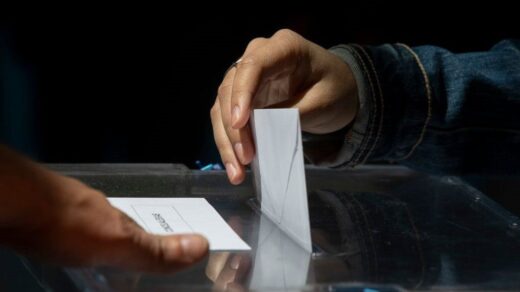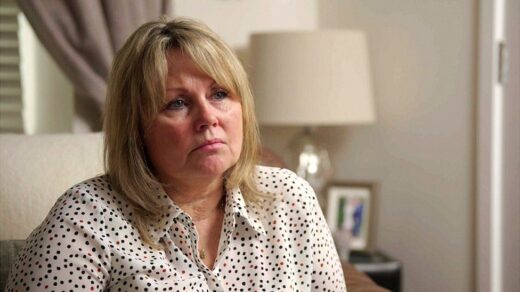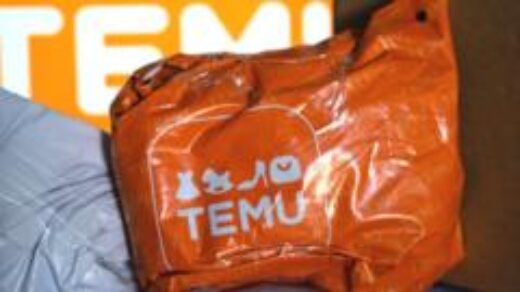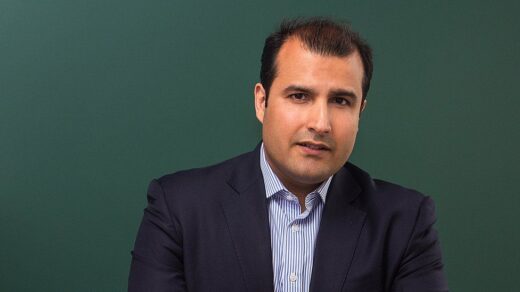The BBC has revised an episode of Dragons’ Den after receiving complaints about a wellness business it showcased. Critics, including campaigners for myalgic encephalomyelitis (ME), argued that the show endorsed baseless claims that a product could alleviate the condition. Sheffield-based entrepreneur Giselle Boxer claimed that ear seeds contributed to her recovery from ME. In response to the complaints, the BBC added a clarification to the iPlayer episode. The text, displayed while Boxer pitches her Acu Seed business, states that Acu Seeds are not intended to cure any medical condition and advises viewers to consult a qualified healthcare provider for health concerns. The episode, aired on 18 January, saw Boxer claim that diet, acupuncture, Chinese herbs, and ear seeds aided her recovery from ME, and she developed the latter into the Acu Seed brand. The company’s website disclaims that the product is not intended to diagnose, treat, cure or prevent any disease. Supporters of ear seeds argue they stimulate pressure points in the ears. ME, also known as chronic fatigue syndrome, is a long-term illness with symptoms like exhaustion, insomnia, and concentration difficulties. The NHS states that while there is no cure for ME, treatments may help manage it. Action for ME expressed concern about the presentation of Boxer’s pitch in an open letter to the chairs of two House of Commons select committees. The group argued that the pitch implied the product was responsible for Boxer’s recovery and should be considered an effective treatment. They also reminded people to seek medical advice from qualified professionals and ensure treatment decisions are evidence-based and fully informed. They urged broadcasters to ensure accuracy and avoid misleading or potentially harmful information. Action for ME also voiced its concerns about the episode to BBC director-general Tim Davie.









